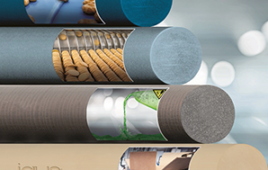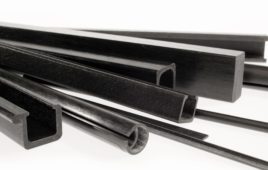Once our plastic water bottles are empty and thrown away, they can stay in the environment for hundreds of years before biodegrading, piling up in landfills and, all too frequently, in the ocean.
Recently, however, a team of Japanese scientists went on the hunt for organisms that could help speed up the process.
They collected and analyzed dozens of samples from a plastics recycling facility and discovered bacteria that use just two enzymes to break stubborn plastic into its more environmentally friendly components in weeks — not centuries.
The enzymes bear little genetic resemblance to similar substances, which suggests that they evolved in recent decades as plastic production took off.
Although researchers said that the rate of degradation by the bacteria was still too slow to be applied on an industrial scale, further study could one day help scientists engineer an enzyme that is up to the task.
Filed Under: Materials • advanced




